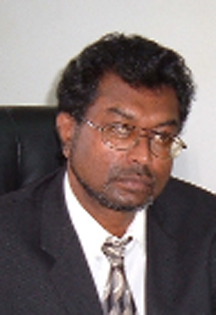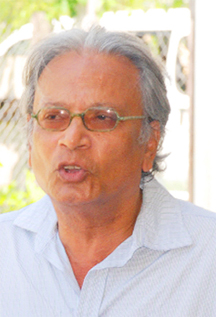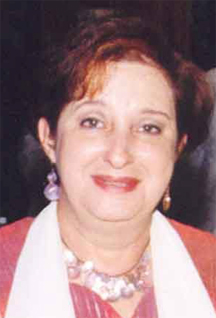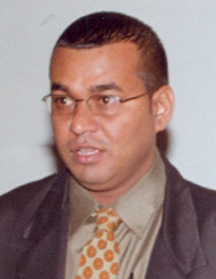The Commonwealth Observer Group has recommended that Guyana amends its electoral laws to provide for fixed ordinal lists so that voters know upfront which candidates are most likely to take up seats in the National Assembly.
The recommendation, included in the Commonwealth Observer Group’s final report on the November 28, 2011 elections, is also touted as one that would increase transparency and accountability in the electoral process.
The report stated: “Consideration should be given to amending the electoral system to require parties to submit fixed ordinal lists. This will mean that voters know exactly which candidates are most likely to take up the seats in the Assembly, thereby increasing accountability and transparency.”

Khemraj Ramjattan of the Alliance for Change said that while the recommendations of the Commonwealth Observer Group are laudable, their perspective might have no relation to Guyana’s political reality.
“I personally would have a problem with this recommendation. The reality on the ground is that when you set up fixed lists, some people on the upper brackets may not want to do any work at all and bring in funding,” he said, indicating that those persons may feel they are “in” so there is no need to work hard.
“Success at the elections depends on the amount of work done. The minute they see their names in the upper brackets they will not want to work,” he said.

Further, Ramjattan said that with the ordinal list, those numbered 15 to 65 on the list may say to themselves that they don’t have to do anything much because the party may only win a small number of seats in the National Assembly and those at the top of the list will be the ones occupying those seats.
Speaking of another situation which the Commonwealth recommendation may not be compatible with is the fact that some people may be on the list but don’t want to be a part of the Parliament. To illustrate this scenario, Ramjattan pointed to his colleague in the AFC, Raphael Trotman, whom he said chose not to become a Member of Parliament.
Commenting on the recommendation, Vice Chairman of A Partnership for National Unity (APNU) Dr Rupert Roopnaraine said this is how it used to be. “In 1968, when we had the first Proportional Representation elections that is the kind of list we had. It was changed in the amendments to the Electoral Laws to move from priority listing to alphabetical listing,” he said.

He said that when political parties met in the Constitutional Reform Commission “We decided that this alphabetical listing was not helpful, that we needed to submit lists in a manner that the people will know for whom they are voting. In fact, if you go to the Constitution, you will find that that was there,” he said.
Roopnaraine, however, added that in the final Oversight Committee recommendation they still permitted the parties to list as they wished. “I happen to believe that the Representation of the People’s Act that allows parties to establish alphabetical lists collides with the Constitution that provides for the parties to do otherwise,” he said.
“That is something on which we have to continue to work. We have to strike away this alphabetical listing. It is causing all these problems we have, where the party leader has too much authority over extractions,” he said.

“I say this to all the people who come here to attempt to reform the Parliament. I said it to Sir Michael Davies, I said it to the Commonwealth. You will not achieve what you are hoping to achieve in the Parliament until you deal with the issue of how Members of Parliament get to Parliament. And that is why I believe that we need to have much larger constituency seats in the National Assembly,” Roopnaraine further said.
He said that under the Constitution, the House is permitted to have no more than 50 per cent of the seats being deemed constituency seats. “My personal view is that we can have at least 50 of the seats in Parliament being constituency seats, without impairing proportional representation, because you are keeping 15 seats for the purposes of top-up and the purpose of top up is to deal with disproportionality that may arise in first past the post,” he said.
Stabroek News contacted Presidential Advisor on Governance Gail Teixeira and Minister of Natural Resources and the Environment Robert Persaud for the PPP/C’s position on the recommendations. Teixeira said that the party would need to consider the issues before proffering a response and Persaud also said that it is an issue that the party must consider before responding. But, he added, the Commonwealth might have gone outside its mandate of observing the elections by making the recommendation.





